Launch of EMIR Refit UAT on LSEG Post Trade
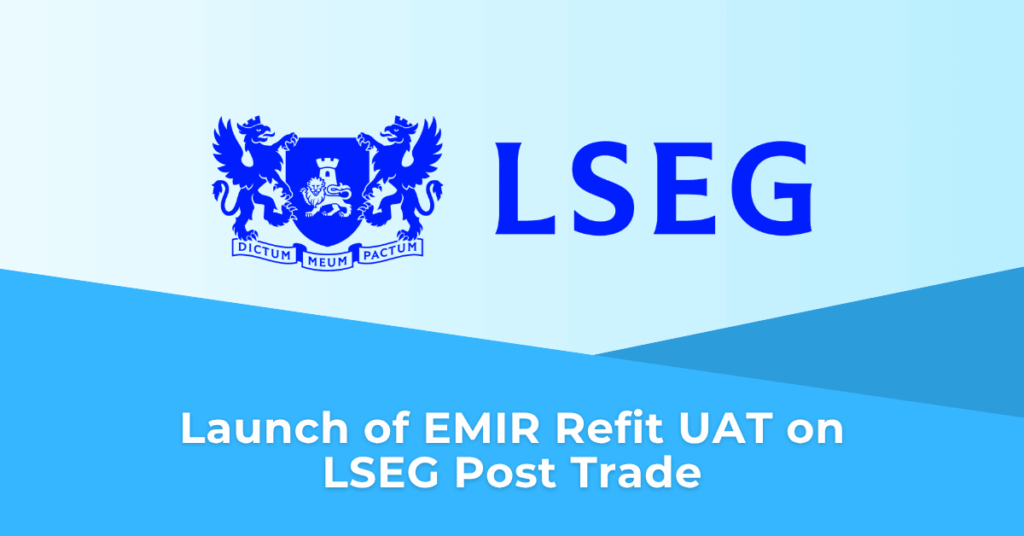
TRAction has begun testing EU EMIR Refit submissions in the UAT environment, following its launch by LSEG Post Trade.
ESMA Q&A Update – MiFIR Market Structure
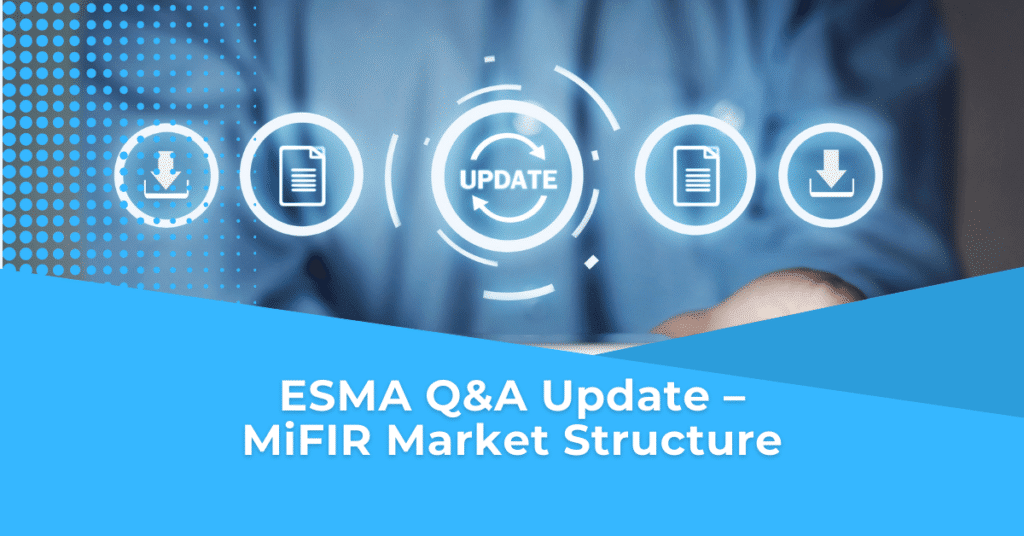
Topic MiFID II and MiFIR Market Structure Date: 13 October 2023 Regulations RTS 15 – Commission Delegated Regulation (EU) 2017/572 Level of significance of change Minor Main points Section 6, Question 8 Trading venues are expected to implement the same fees schedule and rebate policy for all Central Clearing Counterparties (CCPs) accessing the trading venue. […]
MetaTrader 4 Partial Close and Close-by – How To Handle These Actions in Regulatory Reporting

MetaTrader 4 (MT4) has a feature that allows the trader to close a portion of an open position. This gives the trader flexibility when it comes to locking in profits or trimming losses by closing a fraction of the total, keeping the remainder active in the market.
Payment for Order Flow (PFOF)

PFOF is a form of compensation that a brokerage firm receives for directing orders for trade execution to a particular market maker or exchange. Wholesale market makers have leveraged the almost exclusive use of electronic trading by retail investors to pay brokerages for the right to execute orders coming from their clients.
ESMA Update – EMIR Refit Reporting Validation Rules
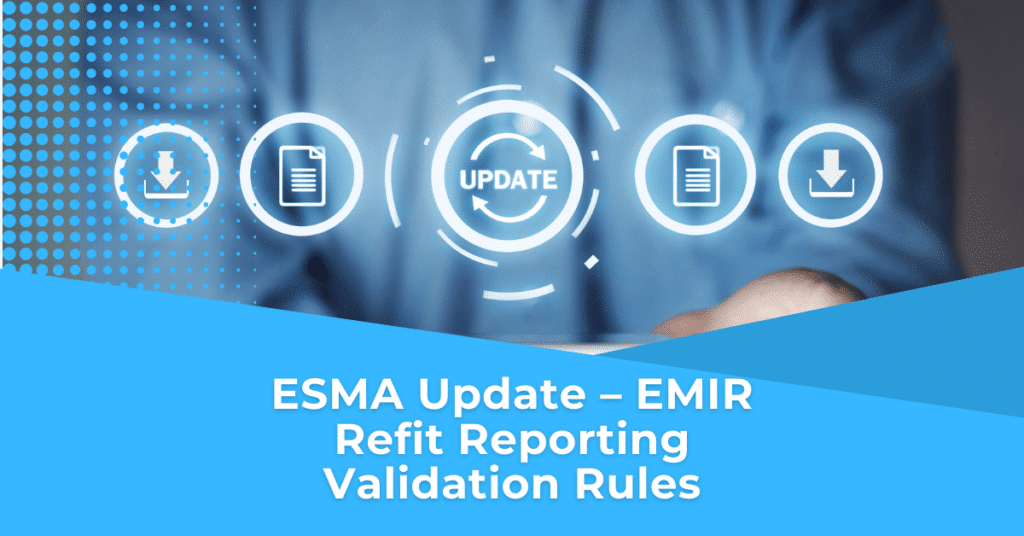
ESMA has published an updated version of the ‘Validation rules, reconciliation tolerances and template for notification of errors and omissions in reporting’ document for reporting under EMIR Refit.
MIFIR Field: Order Transmission Indicator
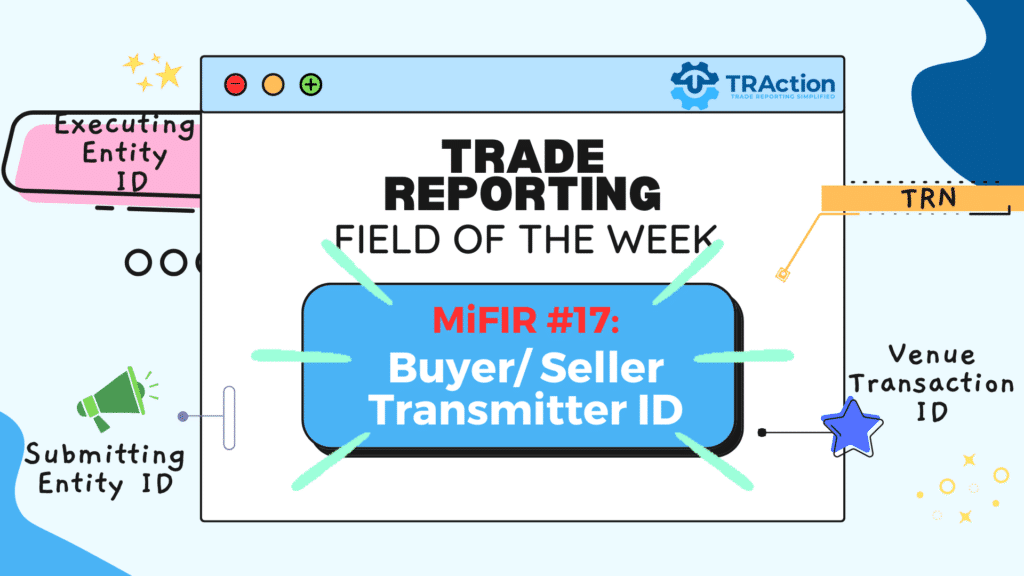
Find out how to report the Order Transmission Indicator MiFIR field in this weeks Trade Reporting Field of the Week with TRAction.
FCA Market Watch 74 – Reiterating The Need for Regular MiFIR Reconciliation
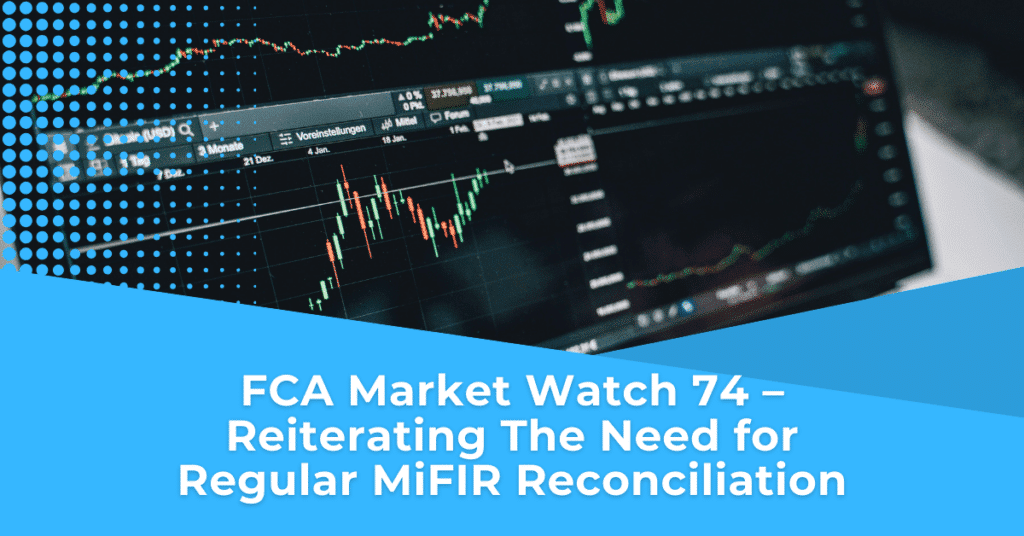
The aim of FCA Market Watch 74 is to improve the quality and accuracy of transaction reporting and financial instrument reference data used by firms they regulate.
Have You Checked if you are a Systematic Internaliser Lately?

A Systematic Internaliser (SI) is an investment firm which is a counterparty dealing with its proprietary capital and is not a trading venue.
Collateral Reporting under EMIR/UK EMIR: what is required?
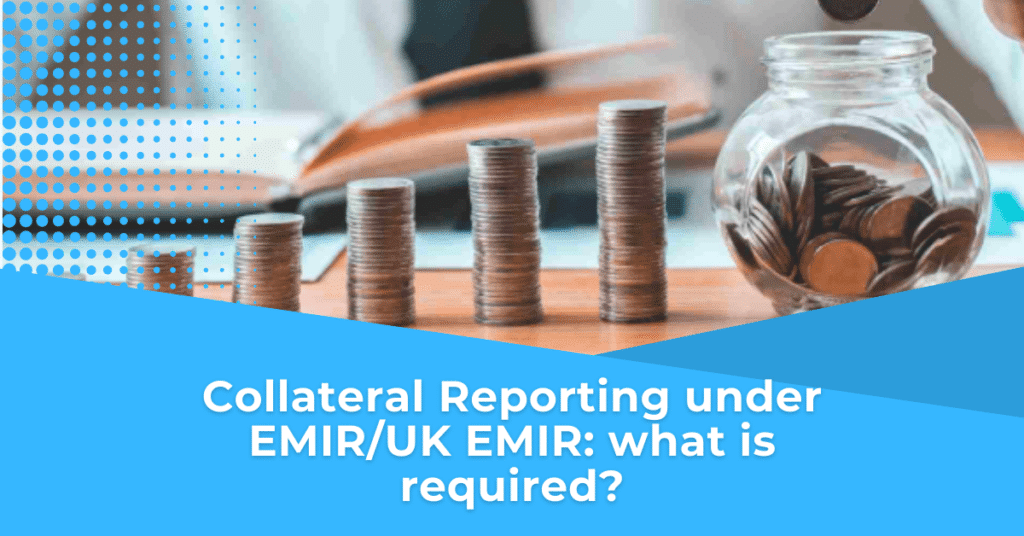
What needs to be reported under EMIR for Collateral? For the purpose of EMIR Trade Reports, collateral is broken down into three types.
Watch TRAction’s co-CEO, Sophie Gerber, moderate the Surf’s Up: The Fintech Rising Tide panel at iFX Asia Expo

TRAction’s co-CEO, Sophie Gerber, moderated the Surf’s Up: The Fintech Rising tide panel at last months iFX Expo Asia.